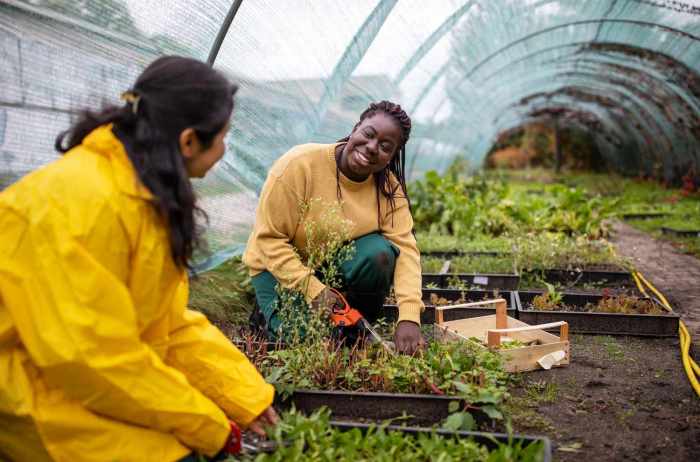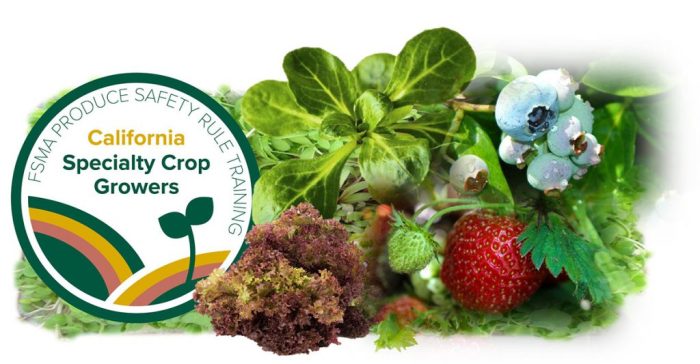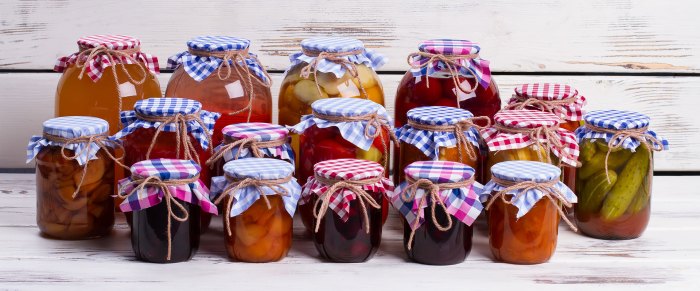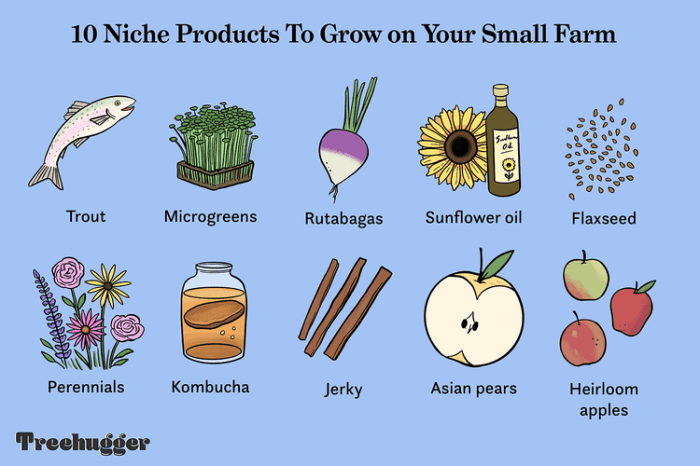Value added specialty crops definition ap human geography takes center stage as we delve into the captivating world of agriculture, exploring the concept, importance, production, marketing, challenges, opportunities, and global trends that shape this dynamic industry.
Value-added specialty crops, a cornerstone of modern agriculture, encompass a diverse range of crops that undergo additional processing or transformation to enhance their value and appeal to consumers. These crops play a crucial role in local and global economies, contributing to food security, economic growth, and sustainable agricultural practices.
Value-Added Specialty Crops Definition

Value-added specialty crops are agricultural products that have undergone additional processing or transformation beyond their raw form, resulting in increased value and enhanced marketability. They are typically high-value crops that cater to specific market niches and consumer preferences.
Examples of value-added specialty crops include:
- Organic produce
- Heirloom varieties
- Processed fruits and vegetables (e.g., canned, frozen, dried)
- Value-added dairy products (e.g., cheese, yogurt)
- Specialty meats (e.g., artisanal sausages, cured hams)
Importance of Value-Added Specialty Crops
Value-added specialty crops play a significant economic role:
- Higher value:They command higher prices due to their unique characteristics, perceived quality, and market demand.
- Economic diversification:They provide farmers with alternative income streams and reduce reliance on traditional commodities.
- Job creation:The production, processing, and marketing of value-added specialty crops generate employment opportunities in rural areas.
- Local economic development:They contribute to the vitality of local economies by stimulating investment and supporting businesses that cater to the industry.
Production and Marketing of Value-Added Specialty Crops
Production Methods
Value-added specialty crops require specialized production practices to ensure quality and meet market standards:
- Sustainable farming:Emphasis on environmental stewardship, soil health, and biodiversity.
- Precision agriculture:Use of technology to optimize crop management and reduce inputs.
- Traceability:Tracking systems to ensure product quality and accountability throughout the supply chain.
Marketing Strategies
Effective marketing is crucial for the success of value-added specialty crops:
- Target market identification:Defining specific consumer segments and tailoring products to their needs.
- Brand building:Creating a distinct brand identity that resonates with target customers.
- Value proposition:Communicating the unique value and benefits of the product to differentiate it from competitors.
- Distribution channels:Establishing efficient channels to reach target markets, including direct-to-consumer sales, farmers’ markets, and specialty retailers.
Challenges and Opportunities in the Value-Added Specialty Crops Industry
Challenges
- Market competition:Increasing competition from domestic and international producers.
- Fluctuating prices:Vulnerability to market fluctuations and weather events.
- Regulatory compliance:Meeting stringent food safety and environmental regulations.
- Labor shortages:Availability and affordability of skilled labor for production and processing.
Opportunities
- Growing consumer demand:Increasing consumer interest in healthy, sustainable, and locally sourced products.
- Innovation:Developing new products and processes to meet evolving market trends.
- Global market expansion:Potential for export opportunities to growing markets.
- Government support:Policies and programs aimed at promoting the value-added specialty crops industry.
Global Trends in Value-Added Specialty Crops, Value added specialty crops definition ap human geography
The global value-added specialty crops industry is experiencing significant growth:
- Rising health consciousness:Consumers are increasingly seeking healthier and more nutritious food options.
- Sustainability concerns:Growing awareness of environmental issues is driving demand for sustainable farming practices.
- Urbanization:The growth of urban areas is creating demand for locally sourced, high-quality food.
- Technological advancements:Precision agriculture and other technologies are improving production efficiency and reducing costs.
These trends suggest continued growth and opportunities for the value-added specialty crops industry.
Essential FAQs: Value Added Specialty Crops Definition Ap Human Geography
What are the key characteristics of value-added specialty crops?
Value-added specialty crops are typically high-value crops that have undergone additional processing or transformation to enhance their value and appeal to consumers. They often possess unique or desirable qualities, such as specific flavors, textures, or nutritional properties.
How do value-added specialty crops contribute to local economies?
Value-added specialty crops can significantly contribute to local economies by creating jobs, stimulating economic activity, and supporting local businesses. They often involve specialized production and marketing techniques that require local expertise and resources.
What are the challenges faced by the value-added specialty crops industry?
The value-added specialty crops industry faces various challenges, including competition from global markets, fluctuations in commodity prices, and the need for specialized production and marketing expertise. Climate change and environmental concerns also pose challenges to the industry.


